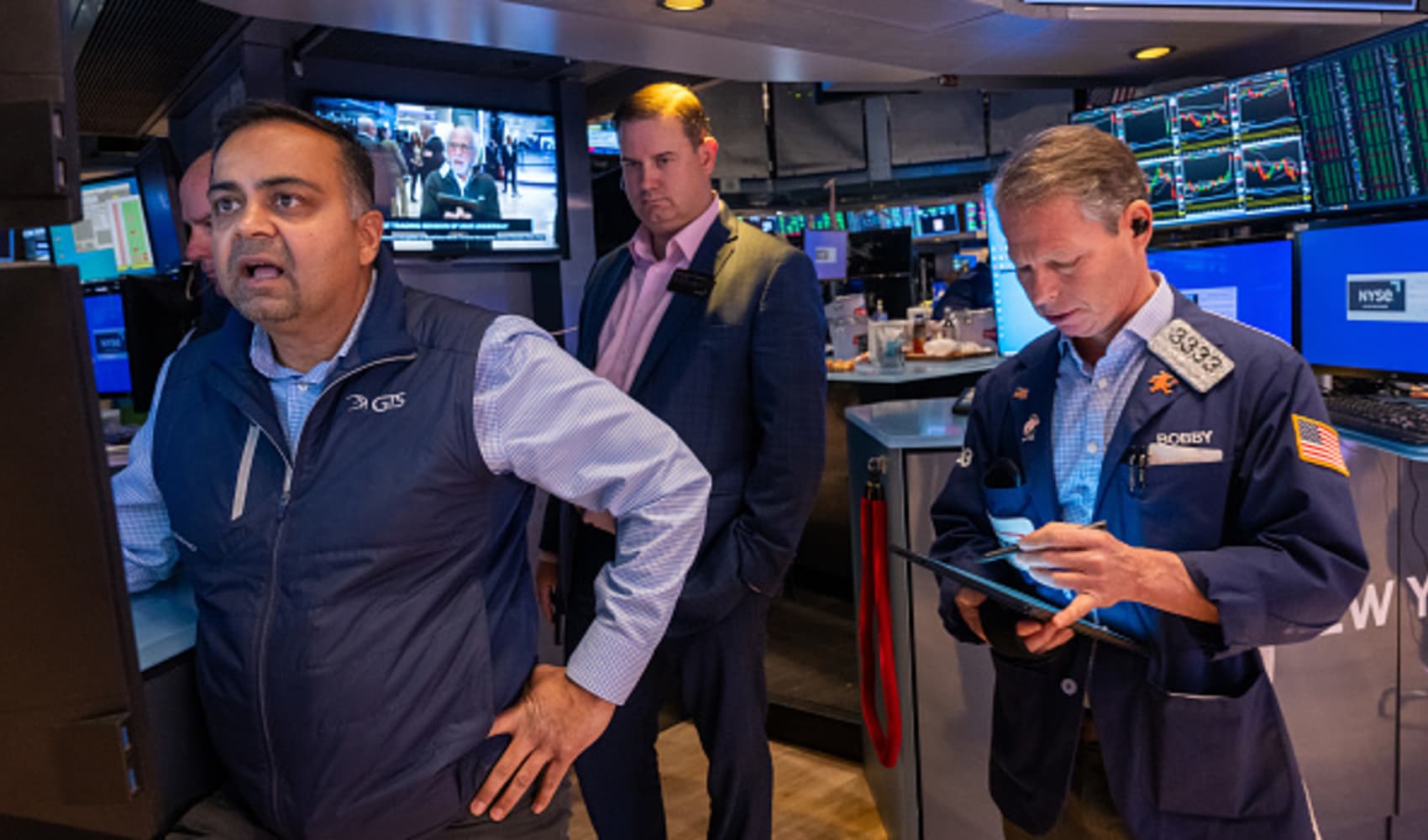

Shares of Tesla surged on Wednesday after President-elect Donald Trump won the U.S. presidential election and investors bet that a victory would benefit major backer and CEO of the carmaker, Elon Musk.
Tesla shares finished the trading day up nearly 15%, hitting a new 52-week high in the session. NBC News projected early Wednesday morning that the former president will beat Democratic rival Kamala Harris after losing his reelection bid to President Joe Biden in 2020.
Last month, Musk donated almost $75 million to America PAC, which is the super political action committee that he established earlier in the year to support the Republican nominee.
Get top local stories in DFW delivered to you every morning. >Sign up for NBC DFW's News Headlines newsletter.
Trump has promised to appoint Musk as the head of a government efficiency commission, if elected. During his speech at Trump's Madison Square Garden rally in late October, the SpaceX owner said he could cut $2 trillion from the federal budget in that role.
"Your money is being wasted, and the department of government efficiency is gonna fix that," he said at the rally. "We're going to get the government off your back and out of your pocketbook."
As of Wednesday's close, the stock has underperformed the broader market this year, with shares rising more than 16% compared with the 24.3% year-to-date gains seen by the S&P 500.
Money Report
In Tuesday's regular session, Tesla advanced 3.5%, breaking a six-day losing streak.
The move comes even as Trump has been viewed as unfriendly to clean energy stocks — a group that can include EV manufacturers such as Tesla.
"We believe a Trump presidency would be an overall negative for the EV industry as likely the EV rebates/tax incentives get pulled, however for Tesla we see this as a huge positive," Wedbush Securities' managing director Dan Ives wrote in a note to clients.
"Tesla has the scale and scope that is unmatched in the EV industry and this dynamic could give Musk and Tesla a clear competitive advantage in a non-EV subsidy environment, coupled by likely higher China tariffs that would continue to push away cheaper Chinese EV players (BYD, Nio, etc.) from flooding the U.S. market over the coming years," he continued.






